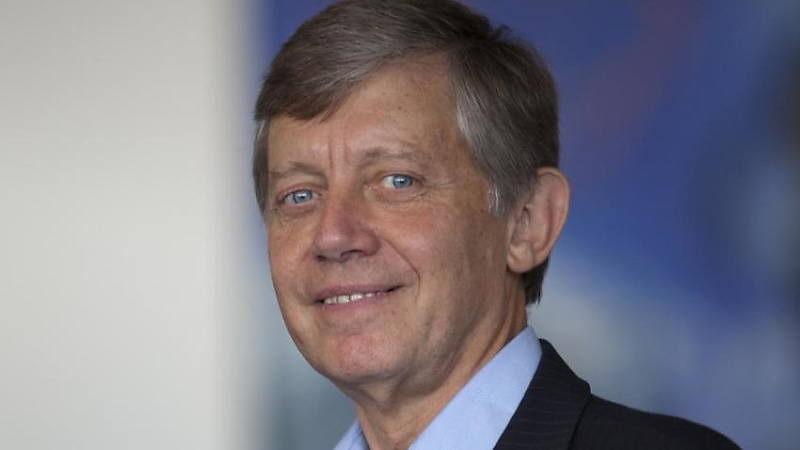Not following residency rules could cost an SMSF 45% of its value
An SMSF could lose up to 45 per cent of its value if it does not comply with a residency test if its members leave Australia for an extended period of time.
Graeme Colley, executive manager, SMSF technical & private wealth for SuperConcepts said an SMSF needs to meet the residency test if its members wish to claim the concessional tax rate. If not, they are liable to be taxed at 45 per cent which will be payable on the fund’s investment income plus the market value of the assets, less the amount of non-concessional contributions made to the fund.
There are three specific requirements for an SMSF to meet the criteria of an Australian superannuation fund, said Mr Colley, and they must be adhered to at all times. These tests are an establishment test, a control test and an active member test.
The first test is the easiest to meet and requires only that the fund was established in Australia, or an asset of the fund was situated in Australia.
“Nearly all SMSFs have a trust deed that was executed in Australia and will meet this test,” Mr Colley said.
The second test is a little more complex and concerns the central management and control of the fund.
“This test is about the strategic and high-level decision-making processes and activities that are undertaken by the fund’s trustee,” Mr Colley said. “This includes formulating and reviewing the fund’s investment strategy and monitoring investments.”
He said the day-to-day administrative activities of the fund are not part of the central management and control test while the administrative activities include the actual investment of fund assets, acceptance of contributions and payment of benefits.
If a trustee leaves Australia for up to two years, the central management and control of a fund can still be regarded as being ‘in Australia’. It is only where all trustees emigrate to another country, that the fund will likely not meet the Australian superannuation fund test from the time of departure.
“In this situation, the trustees may need to resign and have new trustees, who have been granted enduring powers of attorney, appointed in their place,” Mr Colley said.
The most arduous criteria to meet is the third test and applies where a member who is a non-resident for tax purposes may contribute or roll over to the fund.
Mr Colley said SMSFs are more likely to fall foul of this rule than larger super funds.
“Where contributions or rollovers have been made in respect of a fund member in a financial year, they are treated as an ‘active member’,” he said.
“To meet the active member test, at least 50 per cent of the fund balances of active members must relate to Australian residents for income tax purposes.”
He warned an SMSF should be cautious about accepting contributions from members who are overseas and are not considered tax residents unless the fund has tax-resident active members who meet the 50 per cent rule.
“Some fund members may choose to have contributions made to a larger publicly available fund when they are overseas and are unable to qualify as Australian tax residents,” he said.
“Once they return to Australia and regain their tax resident status, they may roll over the benefit to their SMSF.”
However, there is a way in which a fund can navigate the qualification criteria if a trustee is to be out of the country for more than two years.
Mr Colley said granting an enduring power of attorney (EPOA) to someone to make decisions about the SMSF is permitted. EPOA doesn’t give the delegate the right to make decisions on behalf of the fund, but they can take the place of the trustee or director of the corporate trustee.
“When the central management and control is delegated to another person, it is important they undertake those responsibilities in their own right rather than under the influence of the grantor of the EPOA,” Mr Colley said.
“If the replacement trustee passively accepts instructions from the grantor, the ATO has indicated that the central management and control test would not be met.”
Another option for a fund with two trustees who are both going overseas is for one of the existing trustees to grant an EPOA to a person who will remain in Australia. The grantor would then resign as trustee of the fund and be replaced by the Australian resident.
“If the SMSF has a corporate trustee, it is possible for the director to nominate an alternate trustee who is able to act as a director while the appointed director is overseas,” Mr Colley said.
“This can be a simpler option to the granting of an EPOA and another’s benefit of having a company as a trustee of the SMSF.”
Alternatively, the SMSF can be converted to a Small APRA Fund which would overcome the central management and control issue, as the approved trustee would be resident in Australia.








